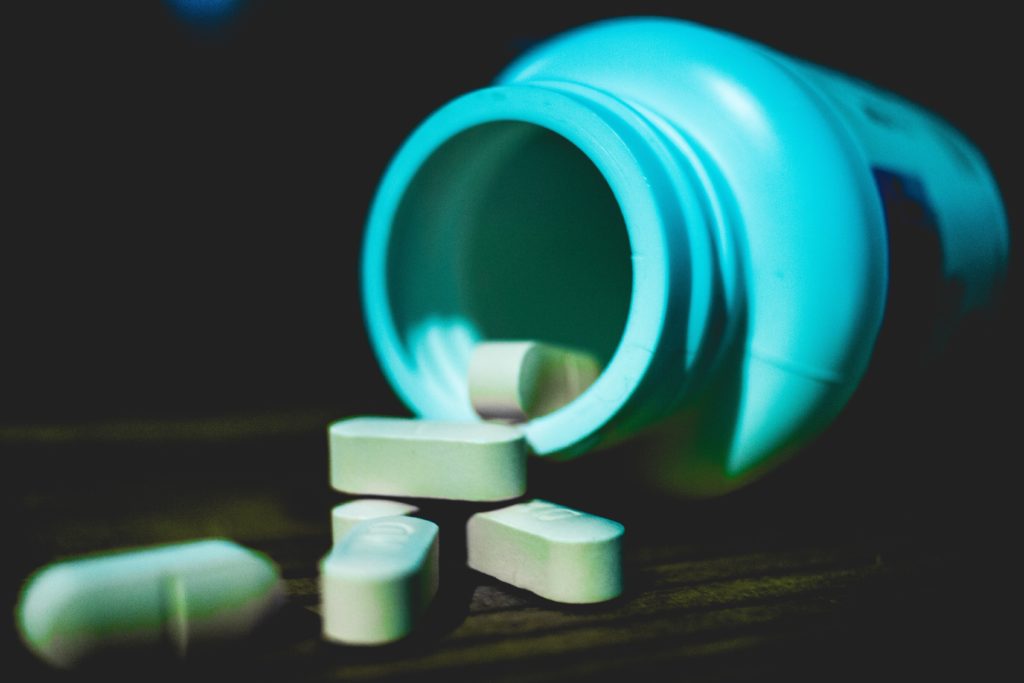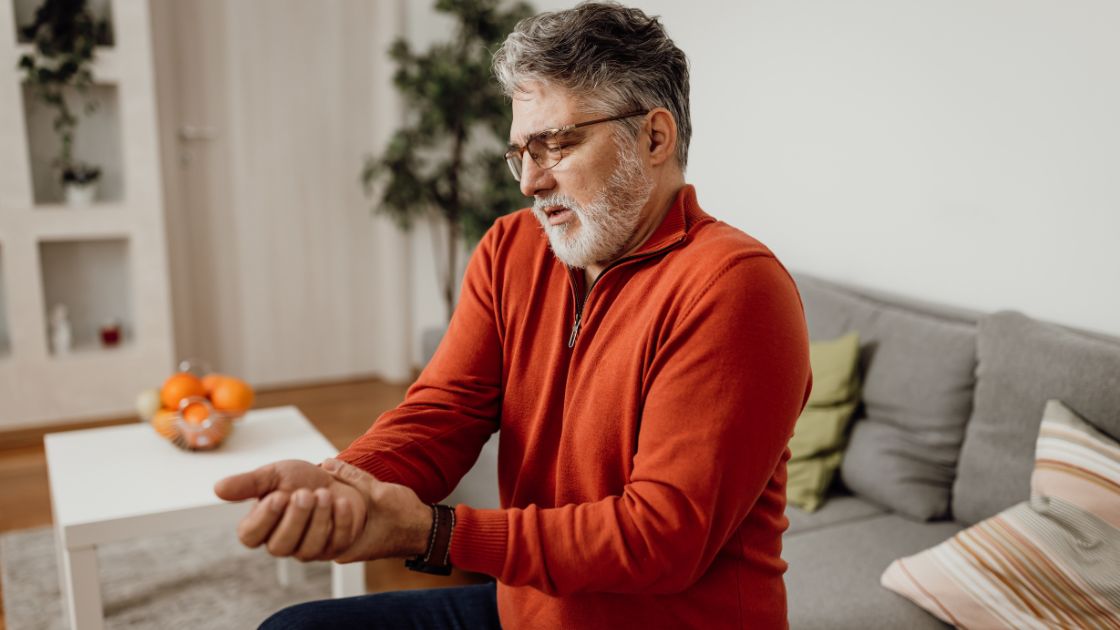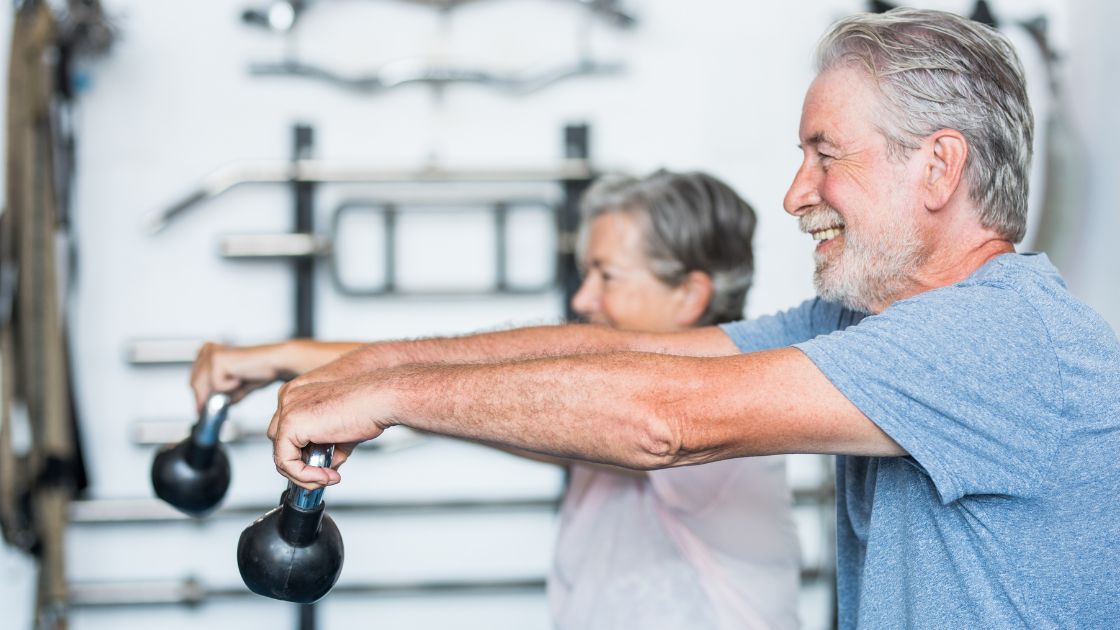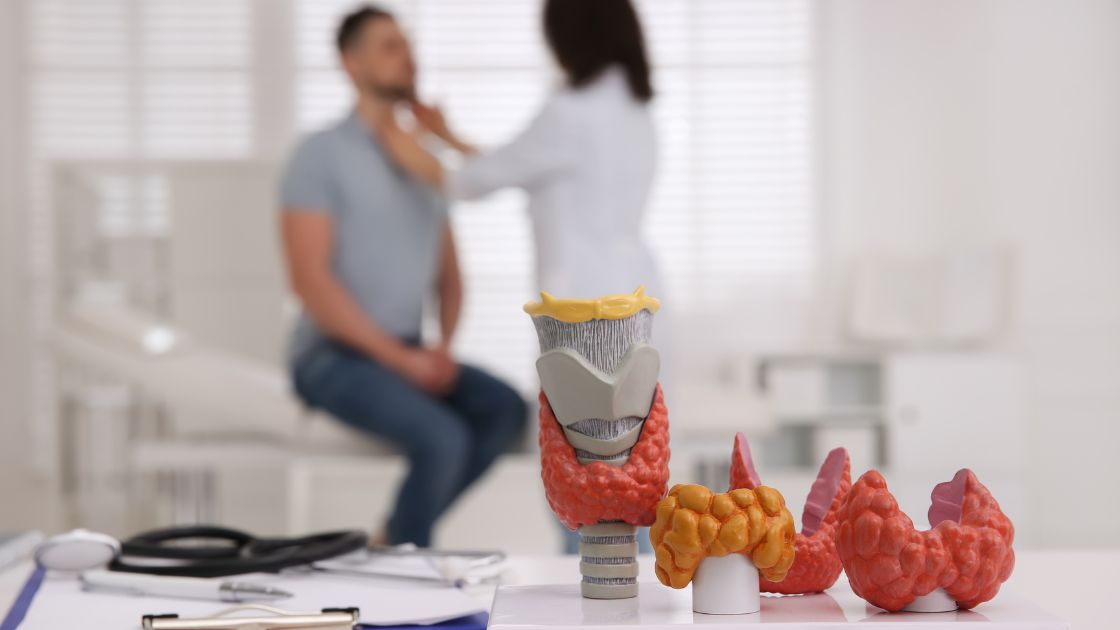Why Acupuncture for Pain Relief Beats Opiates

The Problem with Pharmaceuticals
Between 1999 and 2014, over 60% of the drug overdoses in the United States were related to opioid use, including both opioid pain relievers prescribed by doctors and heroin. A crisis, epidemic, or both, health care practitioners and patients are desperately searching for safe and effective alternatives to Opiates.
It may seem like a new revelation that these drugs are dangerous and highly addictive, but it comes as no surprise to the pharmaceutical companies that have been aggressively marketing these drugs for decades. In 2007, the makers of the famous drug OxyContin plead guilty to misrepresenting the drug as less addictive and less subject to abuse by consumers. They ended up paying over $600 million dollars in fines.
Pharmaceutical pain medications might give you temporary relief from discomfort, but they do not treat the root cause of your pain. Like putting a BandAid over a piece of glass in your foot, these drugs simply hide a much deeper problem.
How Can Traditional Chinese Medicine Help Treat Pain?
In Traditional Chinese Medicine, pain is thought of in terms of “stagnation”. Where there is obstruction and stasis in the body, there is pain. For example, a part of the body with trigger points, injuries, and inflammation might not move and function properly or recieve the fresh oxygen rich blood that it needs to thrive. This “stagnation” leads to more dysfunction and pain. Using Acupuncture and other manual medicines, we are able to remove this obstruction, stimulate Qi and blood to flow freely again, allowing the body to heal.
Acupuncture for Pain Relief
Pain is probably the most well known thing Acupuncture can treat and provides people all over the world with a break from pain every single day. Acupuncture is safe, cost-effective, and aims to treat the root cause of your pain. Acupuncture can treat an acute injury or chronic recurring pain without the fear of addiction. Unlike pain relieving opioids, Acupuncture can have lasting effects through:
- Promoting homeostasis in the body
- Reducing inflammation
- Stimulating the secretion of the bodies own naturally occurring opioids
- Relaxing muscle and fascia
In a meta-analysis of Acupuncture for chronic pain, including back pain, neck pain, shoulder pain, osteoarthritis, and chronic headache; researchers concluded that Acupuncture could be used as an effective treatment for chronic pain and should be considered to be reliable option for referral by medical doctors.
Being in pain is rough. It can affect every aspect of your life and make you feel unlike yourself. We are here to help. If you’re looking for an alternative to your current pain management routine, or you’re curious if Acupuncture can help you get out of pain, book a free 30 minute phone consultation with me today.
References:
https://www.ncbi.nlm.nih.gov/pmc/articles/PMC2622774/
https://www.ncbi.nlm.nih.gov/pubmed/26720857
https://www.ncbi.nlm.nih.gov/pmc/articles/PMC3658605/
Written by: Brooke Holmes, LAc
Photo by Jonathan Perez on Unsplash





